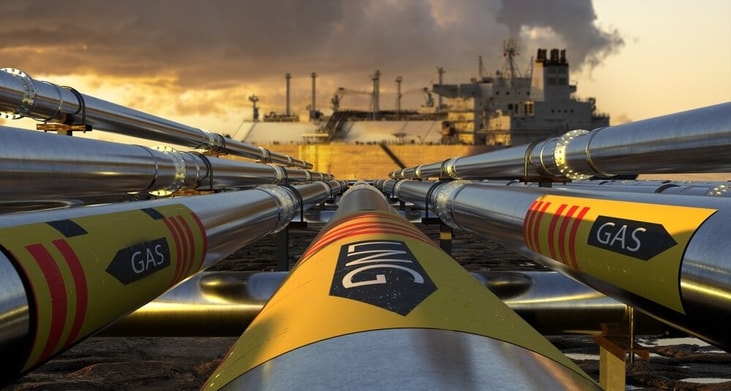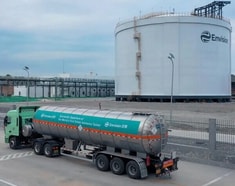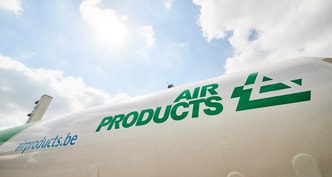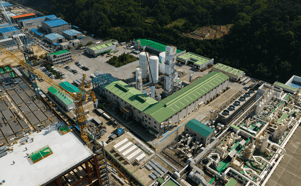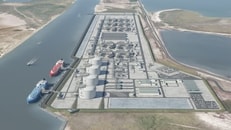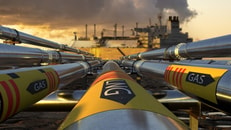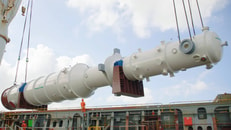Texas communities call for stop on Rio Grande LNG
Several Texas-based community activists and tribal groups have called on the Washington State Investment Board (WISB) to put a stop to the proposed Rio Grande liquified natural gas (LNG) terminal in South Texas.
Those who have raised concerns for the project say it will be the second largest single-source polluter in the region and would severely degrade local fishing, shrimping, and nature tourism industries.
Earlier this year, WSIB invested in Global Infrastructure Partners Fund V via a $400m commitment. GIP committed $3.5bn to the proposed Rio Grande LNG export terminal in Texas.
Those looking to now stop the state pension fund for the project emphasise that Rio Grande LNG is estimated to emit the equivalent emissions of 44 coal power plants every year, or around 163 million tonnes of carbon dioxide (CO2) equivalent.
... to continue reading you must be subscribed

